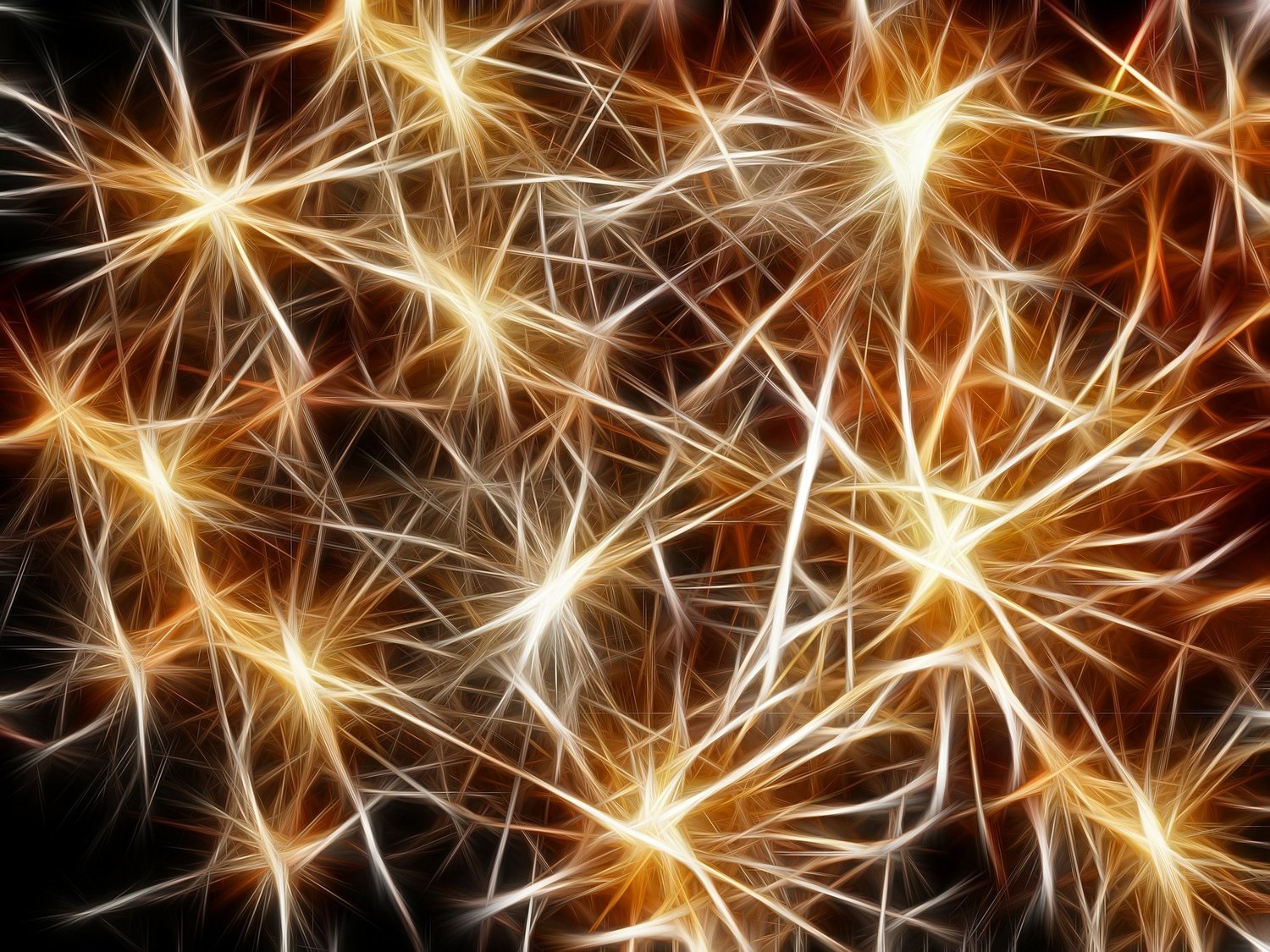Recent advancements in non-invasive brain stimulation are showing promising results for improving cognitive function in Alzheimer’s patients. A study highlighted on Neuroscience News discusses the potential of transcranial direct current stimulation (tDCS) to enhance memory and other cognitive abilities in those suffering from mild to moderate Alzheimer’s.
This groundbreaking research involved 140 patients who underwent either active or sham tDCS sessions twice daily for six weeks. The findings were encouraging, with significant improvements noted in word recall and recognition abilities among the participants receiving active tDCS. This improvement is believed to stem from enhanced cortical plasticity, indicating that tDCS could potentially “rewire” the brain to counteract the effects of Alzheimer’s.
The implications of this study are vast, suggesting that tDCS could be a valuable component of future Alzheimer’s treatment protocols, offering a beacon of hope for patients and families affected by this challenging condition. For a deeper dive into this fascinating study, read the full article on Neuroscience News.




